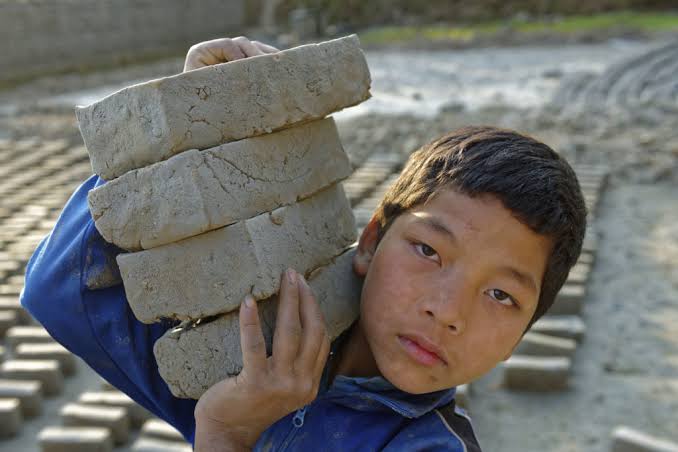In the bustling heart of Egypt, where industry and modernity intertwine, a concerning reality persists – the exploitation of young, vulnerable hands.
For decades, Egypt has worked to address the complex challenge of child labor, and its resolve to combat this issue has only grown stronger over the years.
Since the early 2000s, the country has made steady progress in reducing child labor through a range of legislative, enforcement, and social initiatives aimed at protecting its children, its most precious demographic.
The ratification of pivotal international conventions, such as the ILO Minimum Age Convention in 1999 and the Worst Forms of Child Labor Convention in 2002, laid the groundwork for Egypt’s comprehensive approach.
The government has since enacted the Child Law (2008) and the National Strategy for the Elimination of the Worst Forms of Child Labor (2018-2025), demonstrating the urgency to eradicate this pressing issue.
Enforcement and monitoring have been key pillars of Egypt’s strategy. The Ministry of Manpower and the National Council for Childhood and Motherhood have assumed the critical task of enforcing child labor laws, though challenges in consistent implementation persist.
Nonetheless, the country has bolstered its ranks of labor inspectors and intensified workplace inspections, actively working to identify and withdraw children from hazardous work environments.
Awareness and education have also been central to Egypt’s efforts. The government has launched extensive public awareness campaigns, educating families and communities about the dangers of child labor and the importance of keeping children in school.
These initiatives, coupled with efforts to improve school enrollment and attendance, particularly in rural areas where the problem is more prevalent, aim to tackle the root causes of this complex issue.
Recognizing the multifaceted nature of child labor, Egypt has also prioritized social protection measures.
Expanded social safety net programs, such as cash transfer schemes, incentivize families to maintain their children’s education, reducing the financial burden that can drive households to resort to child labor.
Additionally, vocational training and income-generating opportunities for families have sought to address the underlying economic factors.
Collaboration has been a hallmark of Egypt’s approach, as the government has partnered with international organizations like the ILO and UNICEF, as well as civil society groups, to develop and implement comprehensive strategies to combat child labor. This multi-stakeholder approach has amplified the reach and impact of the country’s efforts.
As the world commemorated World Day Against Child Labour on Wednesday 12 June, Egypt’s steadfast commitment to safeguarding its youth and eradicating this pervasive issue is enduring.







Comments (0)